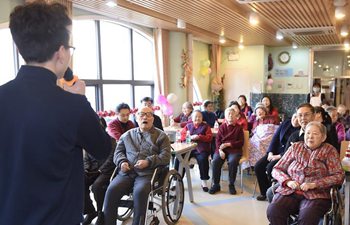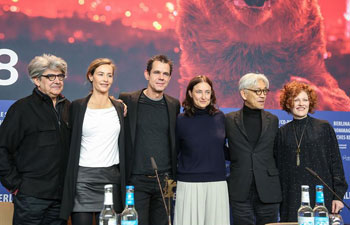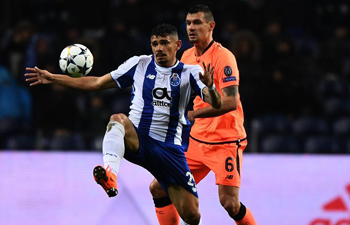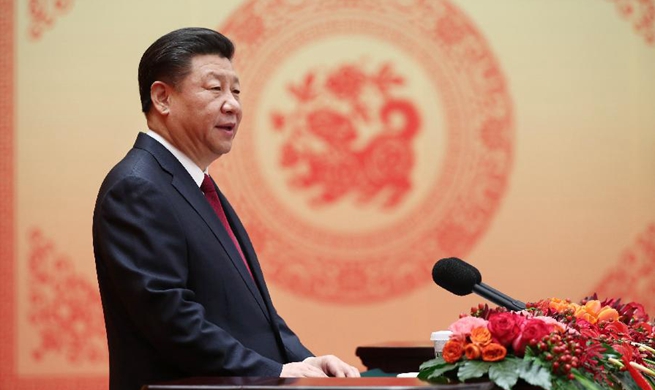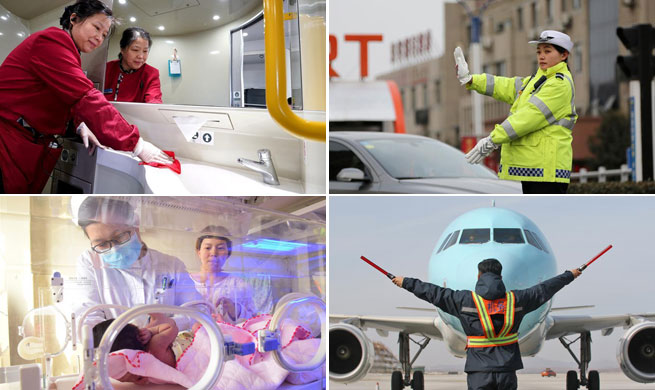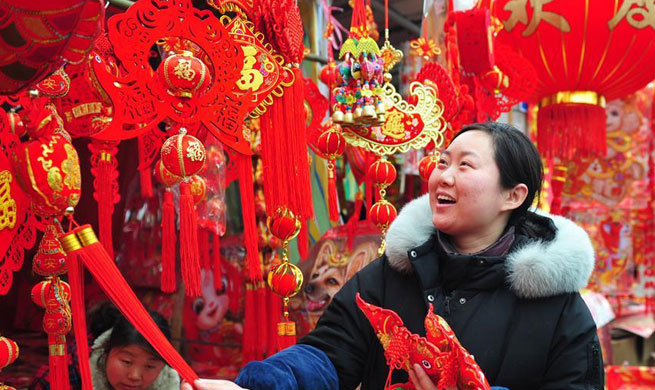HARARE, Feb. 15 (Xinhua) -- Zimbabwean President Emmerson Mnangagwa said Thursday the late former Prime Minister and opposition leader Morgan Tsvangirai will be accorded a state-assisted funeral, but not national hero status as his party has been pushing for, state news agency New Ziana reported.
Mnangagwa told the media on the sidelines of the official opening of the Zimbabwe Republic Police Central Investigations Department (CID) headquarters in the capital Harare that the government would ensure that the late trade unionist and opposition leader would get a befitting send-off.
"Last night we instructed our embassy in Pretoria to assist in any manner possible for catering of the body, to make sure it is kept in the correct place. We will give every assistance possible. I have discussed with my colleagues, what honor, we are going to give him," he said.
Asked whether Tsvangirai would be bestowed the national hero status to enable him to be interred at the national shrine, Mnangagwa said: "No, No. We will give him a state-assisted funeral."
The president said Zimbabwe had lost a great contributor to the fight for democracy.
"Obviously, as a nation, we feel we have lost a man who has his contribution to the political landscape of this country. Yes he was in the opposition, but he was striving to make sure there is democracy in the country, from his perspective, and he has been in the political arena for a very long time," he said.
"So our politics have been shaped by his contribution in this country," Mnangagwa said.
Tsvangirai, 65, succumbed to colon cancer on Wednesday in neighboring South Africa after a two-year battle with the disease.
Affectionately referred to by his followers as Save, his totem, Tsvangirai was leader of the biggest opposition party in Zimbabwe, the Movement for Democratic Change, since its formation in 1999.
Tsvangirai battled it out with former President Robert Mugabe in three election cycles without success.
He failed to dislodge the veteran leader and his ZANU-PF party but came close in 2008, after winning the first round of the presidential vote, but withdrew from the second round, citing violence against his supporters.
The dispute resulted in the Southern African Development Community intervening and negotiating a settlement which led to formation of a coalition government in which Tsvangirai was made prime minister.






